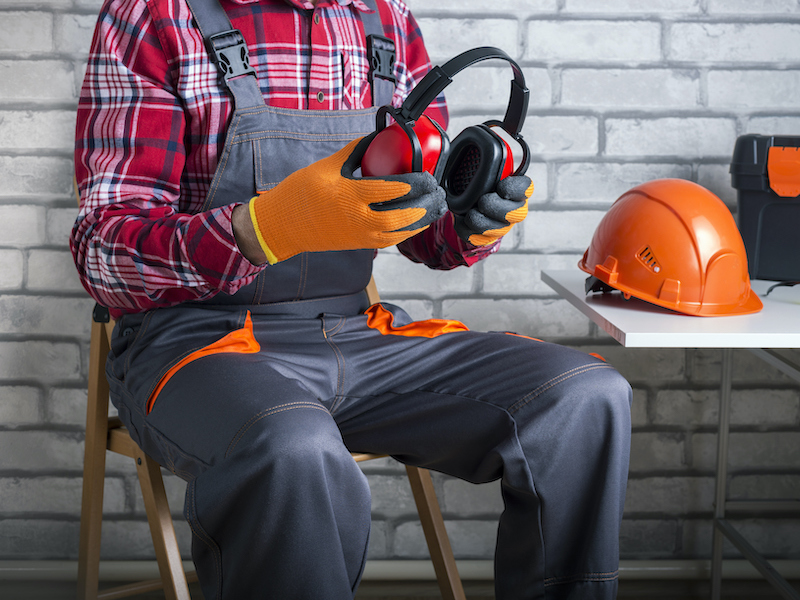
Your sense of hearing is important in your life and when you lose it, there will be no natural way for it to return But somehow, hearing loss tends to go neglected and uncontrolled in the general population. As a matter of fact, permanent hearing loss impacts one out of eight individuals (nearly 30 million people) over the age of 12 in the United States alone.
Protecting your hearing from the beginning is the best and simplest way to prevent hearing loss, but if you’re already experiencing hearing loss you can recover much of your hearing with a hearing aid.
Safeguard your hearing with these five tips:
Don’t use earbuds
Earbuds are one of the biggest threats to hearing health today since they’ve come packaged with mobile devices going back to the first MP3 players in the early 2000s. These little devices sit snugly into the ear canal and pump sound straight into the inner ear and the majority of smartphones come with them. Listening to music or a movie on your mobile device at full volume for only 15 minutes can cause permanent hearing loss. The better choice would be to get a set of earmuff-style headphones that go over your ears, which is made even better if you can find a pair that has noise-canceling technology. No matter what sound devices you use, you should follow the 60/60 rule – keep the volume at 60% maximum and only use the devices for 60 minutes each day.
Keep your volume down
Your hearing can be damaged by other things besides earbuds. Loud sounds from a TV or radio can do as much damage if you regularly listen to them over a sustained period of time. You’ll also want to steer clear of situations where loud sounds are constant, such as construction zones, concerts, and shooting ranges. Avoiding these scenarios might only happen in a perfect world, especially if you’re a construction worker or a musician. The next item on the list will be important if you’re in this situation.
Utilize hearing protection
If you have hobbies or work in a loud setting, it’s essential that you utilize hearing protection. Hearing loss can happen in just 15 minutes at 85 decibels. Compare that to the following:
- Jackhammers at a construction site produce 130 decibels, which could take their toll after a 40-hour workweek
- Most concerts are between 100 and 120 decibels with headliners normally playing for around an hour and 20 minutes
- Over a one hour trip to the indoor gun range, your ears are repeatedly exposed to gunfire that clocks in at over 150 decibels on average
The takeaway here is that you should invest in some sort of hearing protection like earmuffs or earplugs if you engage in any of these activities.
Take auditory breaks
Sometimes giving your ears a rest is the smartest thing you can do. If you participated in any of the activities listed above, you really should make certain to take some quiet time to yourself so your ears can rest and recuperate, even if you were wearing ear protection. That means, you most likely shouldn’t get into your car and begin blaring loud music right after you leave a 3-hour concert.
Check your medicine
Your hearing could be substantially impacted by the medication you take. There are some medications that have been proven to cause hearing loss including certain heart and cancer medicines, aspirin, antibiotics, and anti-inflammatory medicine. The good news is that medication-related hearing loss isn’t common and is more likely if you use two or more of those medications together making it easier to prevent.
Are you suffering from hearing loss and want to find new treatment? Schedule an appointment with us for a hearing test.
Resources
https://www.cdc.gov/nceh/hearing_loss/how_does_loud_noise_cause_hearing_loss.html
https://armeddefense.org/hearing-protection
https://www.uofmhealth.org/health-library/tf3092